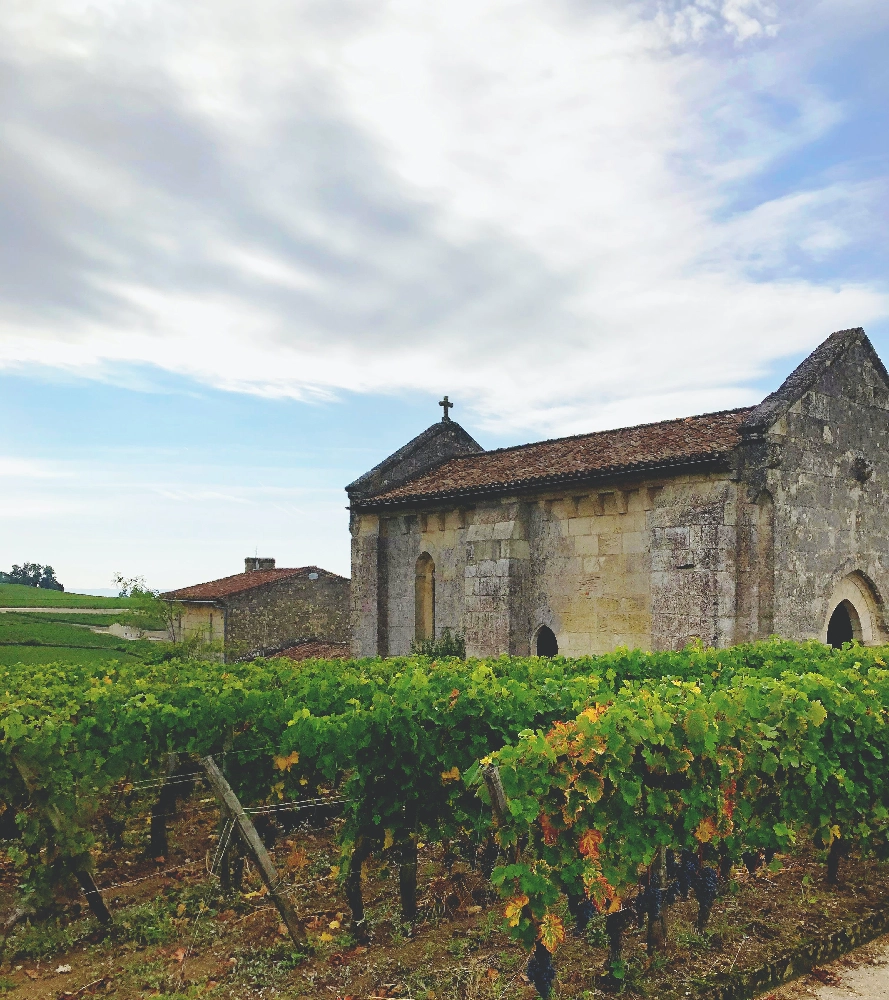
Jutland Wineries & Wines Stats
Wineries
6
Wines
65
Discovering the Hidden Gems of Jutland: A Journey into Artisanal Wine Roots
Introduction: Jutland, located in the northernmost part of Denmark, is a region rich in history and natural beauty. While it may not be as well-known in the global wine scene as other European wine regions, Jutland's artisanal winemakers are crafting wines with unique character and depth, drawing inspiration from their terroir and local grape varieties. In this review, we will delve into the captivating world of Jutland's wine roots, exploring its distinct region name, wine styles, grapes, and food pairings.
Region Name: Jutland Jutland is a historic and geographical region in Denmark, occupying the largest part of the Danish mainland. Its name derives from the Old Norse 'juthland,' meaning 'land of the Yuts,' an early Germanic tribe inhabiting the area. The region's diverse landscapes range from expansive fields to rugged coastlines, providing a compelling backdrop for its artisanal winemakers.
Region Wine Style: Jutland's wine styles reflect the unique terroir and climate conditions of the region. While Danish wines may not yet have the international recognition of their counterparts in Italy or France, they showcase a distinct character all their own. The cool maritime climate results in wines with bright acidity and delicate fruit flavors, while the sandy soils impart a mineral quality that sets Jutland's wines apart.
Region Wine Style Related To: Jutland's wine styles can be considered related to those found in other cool climate regions such as Germany and Northern Italy. These regions share similar challenges in producing ripe grapes under cooler temperatures, resulting in wines with high acidity and lower alcohol levels. However, Jutland's artisanal winemakers have embraced these conditions to create unique expressions that are distinctively their own.
Grapes: Jutland's wine scene is still in its infancy, but local grape varieties such as Solaris, Orion, and Madeleine Sylvaner are gaining popularity among both winemakers and wine enthusiasts. Solaris, a white grape variety developed in Denmark, thrives in the cool climate and produces wines with high acidity and fruity aromas. Orion, another Danish grape variety, is known for its robust red wines with good tannin structure. Madeleine Sylvaner, an ancient grape variety that has been cultivated in Denmark since the 18th century, is used to produce light-bodied white wines with floral aromas and crisp acidity.
Pairs With Foods: Jutland's artisanal wines offer versatile pairing options for a variety of dishes. The minerality and bright acidity found in many Jutland wines make them an excellent companion to seafood dishes, particularly those featuring shellfish or white fish. For heartier meals, such as Danish pork roast or beef stew, the bold flavors and tannins present in some red Jutland wines provide a perfect balance. Additionally, the fruity aromas and crisp acidity found in Jutland's white wines complement vegetarian and vegan dishes, such as roasted root vegetables or stuffed bell peppers.
Conclusion: Jutland's artisanal wine scene may be lesser-known, but it offers a captivating journey into the world of unique and distinctively Danish wines. As you explore Jutland's hidden gems, you will discover wines with bright acidity, delicate fruit flavors, and mineral undertones that showcase the region's diverse terroir and rich history. So raise a glass to the intrepid winemakers of Jutland, and toast to the continuing evolution of this captivating wine region. Cheers!
